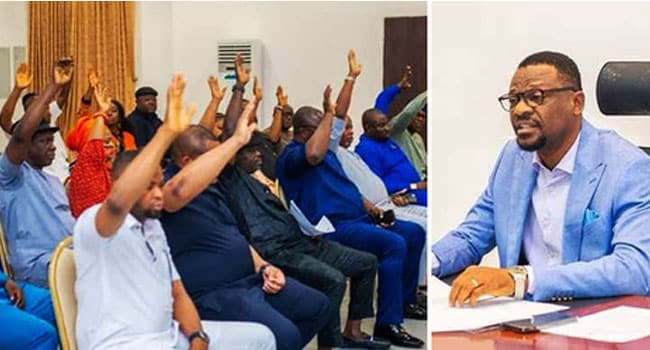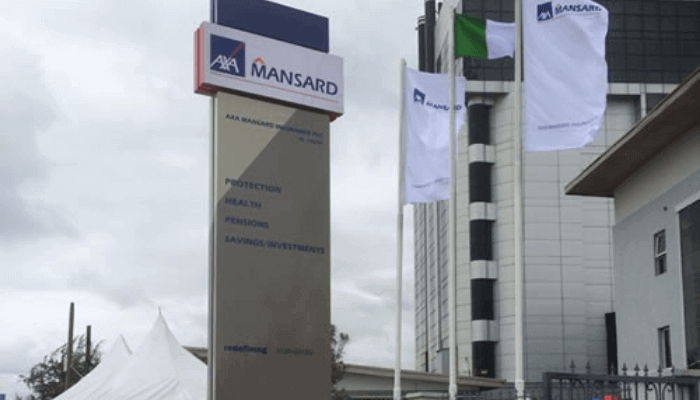The ‘Sapa’ syndrome and its effects on education in Nigeria
According to Wikipedia, (/sɑːkpə/) is a Nigerian slang term that has gained prominence in recent years, particularly among young Nigerians. It is used to describe a state of financial incapacity or extreme poverty, often resulting from excessive spending and poor financial management.
In recent time, Nigeria has witnessed a troubling trend of soaring prices for basic goods and services. As inflation continues to spike, it leaves a significant impact on families across the nation, particularly on students and their education. With rising costs, parents find their budgets stretched thinner than ever, forcing them to make difficult decisions about spending priorities. It’s worthy of note that a lot of these students are also without parent or parents who are financially disabled leaving their compassionate guardians and sponsors at the mercy of inflation and it’s attending consequences.
In addition to the economic burden, we must also consider the broader implications for security within the country. The prevailing security crisis is likely to worsen, especially when diligent students face the discouraging reality that their efforts to pursue education may not yield the desired rewards. When children are unable to complete their education, they become vulnerable to adverse influences as they grow into adulthood.
The lack of educational opportunities can lead to a higher risk of engagement with negative elements in society, contributing to the alarming rise of banditry, recruitment into gangs, and other criminal activities. This cycle of deprivation and desperation not only jeopardises the future of these young individuals but also threatens the stability and safety of communities across Nigeria. As such, we must issue these issues holistically, ensuring that access to quality education remains a priority in our efforts to build a brighter and more secure future for our youth and the nation as a whole. Education, a fundamental building block for the future, is now caught in a precarious balancing act between affordability and accessibility
Price hikes have far-reaching consequences for students. Families who once facilitated their children’s education with relative ease now struggle to afford essential school supplies, uniforms, and tuition fees. Many students are forced to drop out of school or settle for subpar educational institutions due to financial constraints. This situation not only curtails their academic potential but also diminishes their prospects for a better future.
Moreover, the implications of such economic strain extend beyond individual households. An uneducated populace limits the country’s overall economic growth and hampers the development of a skilled workforce, obstructing Nigeria’s potential to compete globally. The education crisis, therefore, does not merely concern students and parents; it is a national issue that affects the country’s socioeconomic environment and future progress.
As the burden of these price hikes intensifies, policymakers must prioritise creating equitable and affordable education systems. Implementing price controls on essential school supplies, and ensuring that educational institutions do not escalate fees arbitrarily are vital steps that can be taken. Furthermore, increased investments in public education can help alleviate the financial strain on parents, making it easier for families to prioritise their children’s education without sacrificing basic needs.
Advocating for affordable learning is not just a call to action; it is a demand for justice in education. Every child has a right to quality education without compromising access to food, healthcare, or shelter. As citizens, we must rally together to push for reforms that acknowledge and address the barriers faced by students and their families in this challenging economic climate.
In conclusion, the price hikes in Nigeria underscore a multifaceted challenge that threatens the very foundation of education. When students’ futures are at stake, it falls on the polipolicymakers other stakeholders to advocate for change. By prioritizing affordability in education, we can ensure that every child has the opportunity to learn, grow, and contribute to a brighter future for Nigeria. Education should never come at the cost of basic needs; rather, it should be a pathway to empowerment and opportunity for all.
Abdulazeez, author of the poetry collection ‘Soul Rants’ writes from Lagos, Nigeria (+2348034816865)







